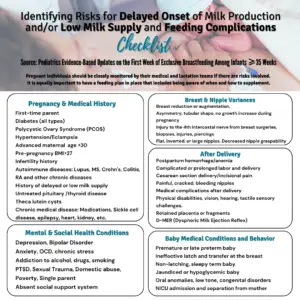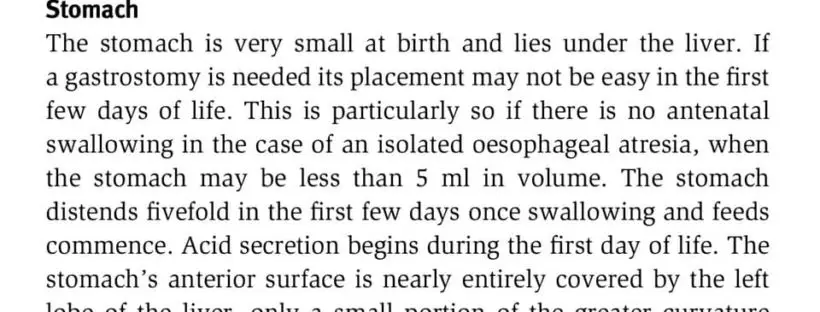They tell you that if you prepare enough, breastfeeding will work. They tell you that all you need is support, commitment, and trust in your body, and you will be successful. If only it were that simple.
What they don’t tell you is that your mammary biology can have limitations. I am that mom.
I knew I might have issues. I had breast reduction surgeryback in 2001, but had been told that using the right technique would preserve my ability to breastfeed. Nonetheless, I set out preparing to ensure I would be successful. Besides doing yoga, pilates, weight training, and exercise, I entered the midwife program and prepped diligently. I did prenatal workshops and tracked down a book on how to successfully be a breast feeding after reductionmom.
I hired a private lactation consultant for a session ahead of time. We talked about teas and tinctures, techniques, and diet to help my supply be optimal. (Note: there is no evidence that teas, tinctures, or foods increase milk supply). We talked about how I could use a supplemental nursing system if necessary. I read extensively and was convinced breastfeeding was the only way to feed my son to ensure his well-being, and I would have no problem breastfeeding because I had SUPPORT.
Note: Unfortunately, she was not informed of all her significant risk factors and how to supplement her baby until her milk supply was enough to feed her baby safely. Breast reduction surgery requires specific management and interventions that she did not receive.





